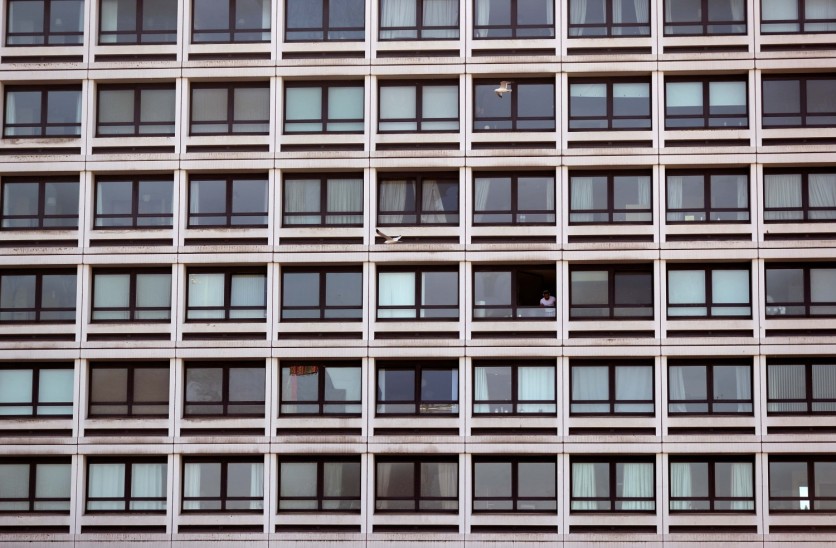Doctors are hoping stem cell therapy may be a weapon in the fight against coronavirus. Regenerative medicine employer Mesoblast introduced a 300-person trial on Friday, Apr. 24, to decide whether or not stem cell treatments will work in COVID-19 patients tormented by severe lung inflammation.

The treatments had been intravenous infusions of Ryoncil (remestemcel-L) by Mesoblast Limited in Australia and the United States. Ryoncil, under a priority review by the FDA, is also under development for other uncommon sicknesses and inflammatory conditions, according to the agency's statement.
FDA approved for "compassionate use"
Mesoblast said the drug acquired clearance from the U.S. Food and Drug Administration (FDA) earlier this month as an Investigational New Drug (IND) to treat those with ARDS due to COVID-19 infection. FDA classified the disease under expanded access compassionate use and also in a prospective randomized controlled trial.
Patients with ARDS, a symptom of COVID-19, acquired stem cell medication and ended in an 83% survival rate among ventilator-dependent coronavirus patients with moderate to severe cases.
One clinic in New York tried it as an experiment with 12 patients, 10 of whom were able to come off of ventilators.
"What we saw in the very first patient was that a lot of her parameters started to get better four hours after getting the cells," Dr. Karen Osman, who led the team at Mount Sinai, told CBS News.
The doctor said she was encouraged with the results. However, she remains hesitant to link the stem cell technique to her patients' recovery.
Osman said the team could not figure out yet if the 10 people removed from ventilators would not have received the stem cell therapy. "And we would never dare to claim that it was related to the cells," Osman added.
She explained that only a "randomized control trial" could be the best way "to make a real comparison."
Once ventilated after facing acute respiratory distress syndrome, the probability of coming off the ventilator is nine percent, Mesoblast CEO Silviu Itescu told BioWorld. Mesoblast also claimed that the survival rate, if someone availed a stem cell therapy, is 12%.
The company would complete phase II/III trials, which are randomized placebo-managed ones to verify the efficiency of remestemcel-L.
Story of hope?
A 60-year-old male COVID-19 survivor was one of those Mount Sinai's stem cell trial success stories. The survivor Diaz in Spanish that he is feeling "much better."
The patient's daughter brought him to the emergency room, anxious she would no longer see her father again. Like so many families struck by the coronavirus, she was not allowed inside with him.
"I forgot to tell him that I love him," the patient's daughter narrated to CBS. She only hoped that his father would feel better as his father was receiving treatment.
During his hospital stay, the 60-year-old survivor was unconscious and on a ventilator for 14 days. Doctors proposed giving him stem cells from bone marrow in hopes it might suppress the severe lung inflammation caused by the virus.
Now, the patient thanked the medical doctors, who helped him for his survival. Though income from his family's jewelry business has been cut off, Naranjo stated he is focusing on healing and regaining the 25 pounds he lost.
Stem cell treatment, commonly reserved for other illnesses like rheumatoid arthritis, might end up being in the direction of helping coronavirus sufferers recover. Dr. Osman, however, was quick to say it would be a "miracle treatment." She underscored that a vaccine could solve the issue.
ⓒ 2026 TECHTIMES.com All rights reserved. Do not reproduce without permission.




